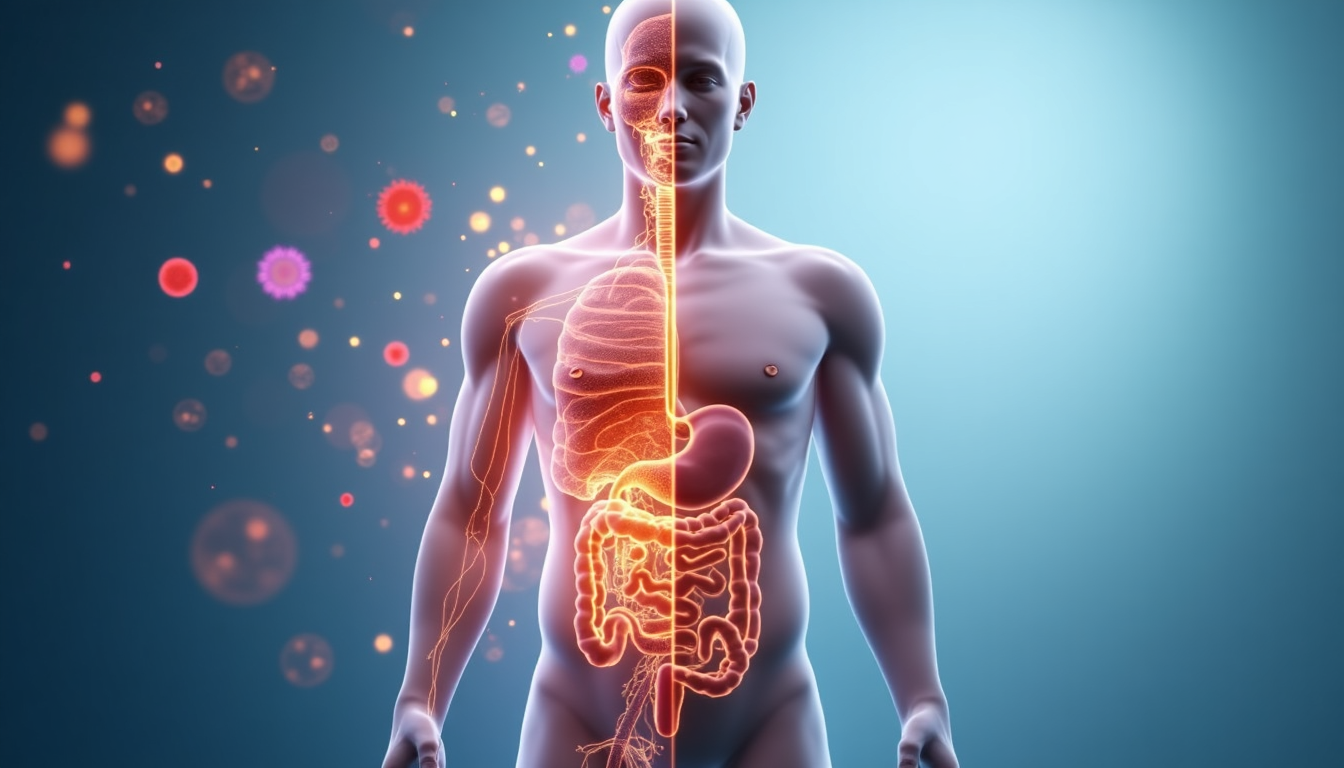
Hormone Imbalances and Sleep: Why Cortisol and Progesterone Matter
Hormone imbalance and sleep is often an overlooked relationship when considering sleep problems. Difficulty falling asleep, waking in the night, or feeling unrefreshed in the
Seaweed could be useful in the fight against obesity as it has been shown to reduce fat uptake by over 75%. In research published last week, scientists at Newcastle University discovered that alginate, found in sea kelp, stops the body from absorbing fat better then most anti-obesity treatments currently available over the counter.
Dr Brownlee and colleagues used an artificial gut in the lab; the next step will be to recruit volunteers to attempt to replicate the results and to see whether the seaweed can be tolerated in foods such as bread. Alginates are currently used in very low quantities in foods as thickeners and stabilisers and proved popular when added to standard white bread as part of a blind taste test during the research.
The research is part of a three year project being funded by the Biotechnology and Biological Sciences Research Council.
The research needs to be viewed cautiously; whilst saturated fats can cause obesity, reducing life expectancy and causing health problems, it is important to eat essential fatty acids such as omega 3 fats found in fish oils and omega 6 fats found in cold pressed vegetable oils, nut and seed oils. These fats are vital for the maintenance of cell membranes, hormones, heart and circulation and for reducing inflammation. If supplements are taken that prevent the body from absorbing these essential fats, then deficiency diseases may occur.
It is preferable to limit one’s intake of saturated fats found in fatty meat and dairy products but to ensure adequate intakes of essential fats by eating oily fish such as sardines, salmon and mackerel a couple of times a week and having a few raw nuts, some seeds or a portion of cold pressed vegetable, nut or seed oil every day.

Hormone imbalance and sleep is often an overlooked relationship when considering sleep problems. Difficulty falling asleep, waking in the night, or feeling unrefreshed in the

‘Detox’ has become one of the most misunderstood concepts in modern wellness. For many people, it brings to mind juice cleanses, restrictive diets or short-term resets promising quick results. Yet the body’s true detoxification systems are far more complex — and far more intelligent — than any cleanse.

Anxiety and gut health are closely linked through the gut–brain axis. Research suggests the gut microbiome, neurotransmitters and genetics may influence stress responses and emotional well-being. Exploring gut microbiome and nervous system insights can help build a more personalised understanding of anxiety.

Strange symptoms can puzzle anyone. Your body might show signs ranging from headaches and skin rashes to digestive problems and anxiety. Doctors sometimes struggle to explain these mysterious health issues that affect millions of people worldwide.
Please do not return samples to the laboratories that may arrive after Wednesday 27th March and up to and including Monday 2nd April.
The laboratories are closed from the 28th March – 2nd April for the Easter Holiday.